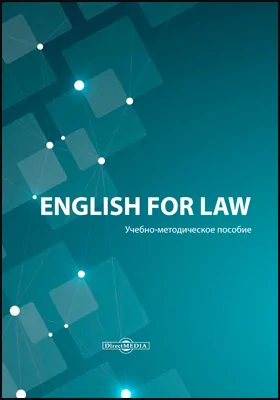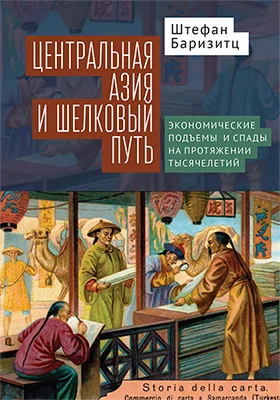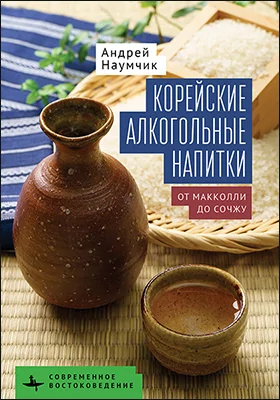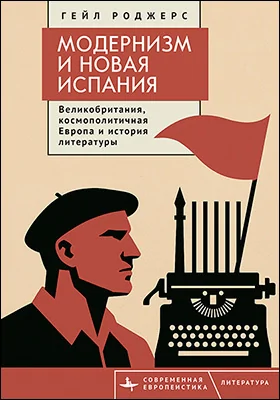
English for law
Здесь можно купить книгу "English for law" в печатном или электронном виде. Также, Вы можете прочесть аннотацию, цитаты и содержание, ознакомиться и оставить отзывы (комментарии) об этой книге.
Место издания: Москва
ISBN: 978-5-4499-3225-9
Страниц: 69
Артикул: 97868
Возрастная маркировка: 16+
Краткая аннотация книги "English for law"
Данное учебное пособие по английскому языку предназначено для студентов очной формы обучения бакалавриата по направлению «юриспруденция».Пособие содержит лексический материал, упражнения для закрепления изученного материала, тексты для чтения.
Содержание книги "English for law "
1. Topic 1. What is law
2. Topic 2. Constitutional law
3. Topic 3. Criminal law
4. Topic 4. Intellectual property law
5. Topic 5. A career in law
6. Topic 6. Contract law
7. Topic 7. Tort law
8. Topic 8. Commercial law
9. Topic 9. Company law
10. Topic 10. Employment law
11. Topic 11. Litigation and arbitration
12. Список использованной литературы
Все отзывы о книге English for law
Отрывок из книги English for law
43 Pupillage completed, the newly qualified barrister must find a permanent place in a chambers, known as a tenancy. This can be the most difficult part, and some are forced to ‘squat’ – remaining in their pupillage chambers for as long as they are allowed, without becoming a full member – until they find a permanent place. There are only around 300 tenancies available each year – one to every two pupils. In 1993, the Royal Commission on Criminal Justice recommended that barristers should have to undertake further training during the course of their careers, after noting that both preparation of cases and advocacy were failing to reach acceptable standards. In response, the Bar Council introduced a continuing education programme. Barristers must now complete a minimum of 45 hours of continuing education in the prescribed subjects by the end of their first three years of practice. They have to study four subjects: Case Preparation and Procedure; Substantive Law or Training relating to Practice; Ethics; and Advocacy Training. The Bar Council has also introduced an established practitioners’ programme under which all barristers who have been qualified for over three years must undertake each year a minimum of 12 hours’ study. After ten years in practice, a barrister may apply to become a Queen’s Counsel, or QC (sometimes called a silk, as they wear gowns made of silk). This usually means they will be offered higher-paid cases, and need do less preliminary paperwork. The average annual earnings of a QC are £270,000, with a small group earning over £1 million a year. Not all barristers attempt or manage to become QCs – those that do not are called juniors, even up to retirement age. Juniors may assist QCs in big cases, as well as working alone. Promotion to the judiciary Suitably experienced barristers are eligible for appoin...
С книгой "English for law" читают
Внимание!
При обнаружении неточностей или ошибок в описании книги "English for law (автор Ольга Афанасьева)", просим Вас отправить сообщение на почту help@directmedia.ru. Благодарим!
и мы свяжемся с вами в течение 15 минут
за оставленную заявку






























